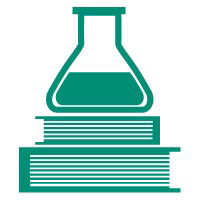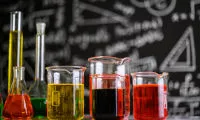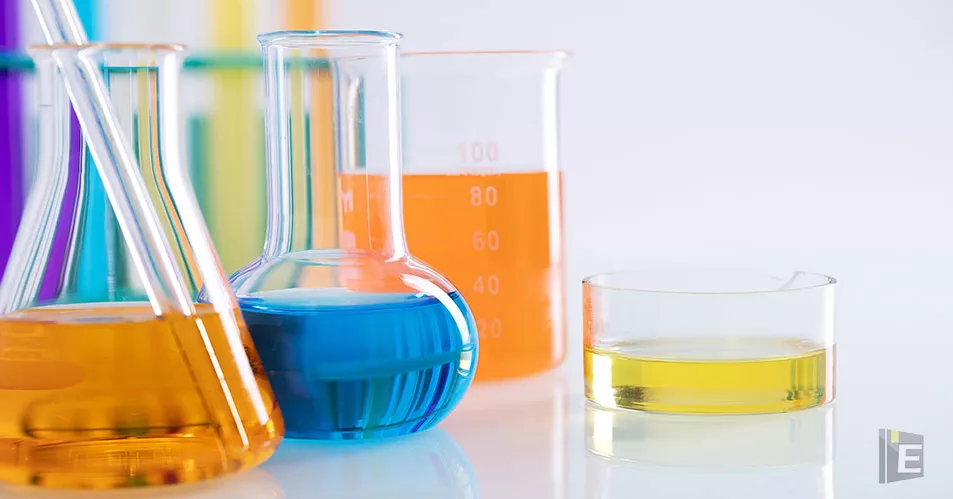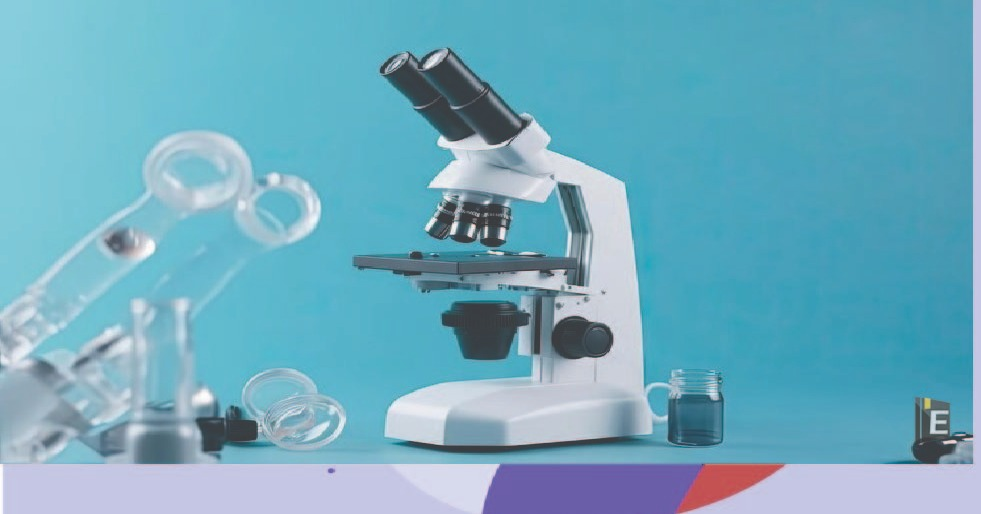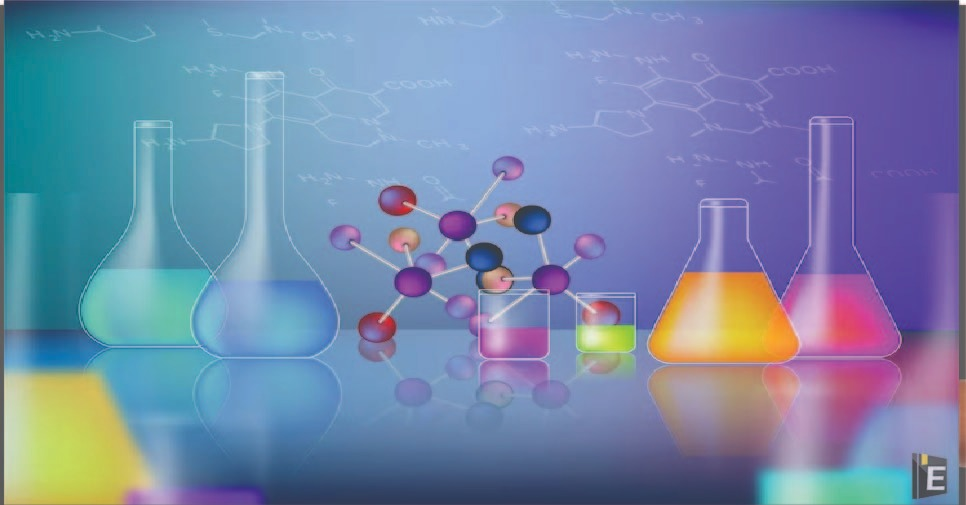- Free Test Series, Mock tests and Practice Tests
- Time proven exam strategies
- Exam analysis and simulated tests
- Hand-on real time test experience

Recently Added Articles View More >>
Welcome to our captivating journey through the fascinating world of chemistry! Our Chemistry GK Quiz Questions Blog is your gateway to discovering the secrets of matter, reactions, and the elements that make up our universe
Chemistry GK Questions and Answers for Competitive Exams is a concise and comprehensive article designed to help aspirants prepare for various competitive examinations that include a chemistry section.
Want to know the useful tips and applications for Chemistry Homework? Check here how can you help with chemistry homework with the useful tips and websites -
General Knowledge is the section which also includes Chemistry GK questions. Generally, 3 to 4 Chemistry GK questions are asked in competitive exams which students need to know.
Chemistry is the branch of science to study the composition, composition, properties and changes of substances during chemical reaction. Questions related to Chemistry Science are included in almost all competitive examinations under the subject of General Knowledge.
Questions related to chemistry science are included in almost all competitive exams under the general knowledge topic. Explain that in chemistry science, the properties, composition, structure and changes of substances are studied. If you too are preparing for the government examination, and are looking for the right quiz for your practice, then here we have written questions related to Chemistry.
Chemistry GK Quiz and Questions asked in many competitive exams and also chemistry GK is important for SSC and Banking exams. Practice with important Easy Chemistry GK Questions and Answers for Competitive Exam.
Chemistry General Knowledge questions are asked in many competitive exams and also chemistry GK is important for SSC and Banking exams.
Most Popular Articles
Most Popular Articles
Recently Added Questions
Which of the following products are formed during anaerobic respiration in yeast?
992 0 6576edf47274ac7b5885d375- 1Acetic acid + energyfalse
- 2Lactic acid + carbon dioxide + energyfalse
- 3Ethanol + carbon dioxide + energytrue
- 4Lactic acid + energyfalse
- Show AnswerHide Answer
- Workspace
- SingleChoice
Answer : 3 Ethanol + carbon dioxide + energy
Explanation :
1. Yeast breaks down glucose, producing ethanol and carbon dioxide and energy.
2. Yeast reacts anaerobically.
- 1If it has more electrons than protonsfalse
- 2If it has more electrons than neutronstrue
- 3If it has more protons than electronsfalse
- 4If it has more protons than neutronsfalse
- Show AnswerHide Answer
- Workspace
- SingleChoice
Answer : 2 If it has more electrons than neutrons
Explanation :
If an atom has more electrons than protons, it is a negative ion or anion. If it has more protons than electrons, it is a positive ion.
What do you call the type of drugs that mimic the natural messenger by switching on the receptor?
1.4K 0 64c390a7d3a6d4481ef1e4a3- 1Antidepressantsfalse
- 2Depressantsfalse
- 3Agonisttrue
- 4Antagonistsfalse
- Show AnswerHide Answer
- Workspace
- SingleChoice
Answer : 3 Agonist
Which of the following elements is NOT a component of baking soda?
1.1K 1 64bfc857a2d4dcaf044da339- 1Hydrogenfalse
- 2Calciumfalse
- 3Sodiumfalse
- 4Oxygentrue
- Show AnswerHide Answer
- Workspace
- SingleChoice
Answer : 4 Oxygen
Explanation :
1. Which of the following calcium elements is not a component of baking soda?
2. The chemical formula of baking soda is NaHCO3, which is composed of four elements sodium, hydrogen, carbon and oxygen.
3. Baking soda is an alkaline substance used as a leavening agent in baking.
Which law was studied in the year 1787, in which it was said that the volume of a gas increases with its absolute temperature and if its absolute temperature decreases, then its volume will decrease?
1.1K 0 64b5204188d5e4f52dd2277b- 1Boyle’s lawfalse
- 2Dalton’s lawfalse
- 3Avogadro’s lawfalse
- 4Charles's lawtrue
- Show AnswerHide Answer
- Workspace
- SingleChoice
Answer : 4 Charles's law
Explanation :
1. Charles's law (also known as volume law) is an experimental gas law.
2. The volume of a gas increases with its absolute temperature and as its absolute temperature decreases its volume also decreases.
3. Charles's law was studied in the year 1787.


